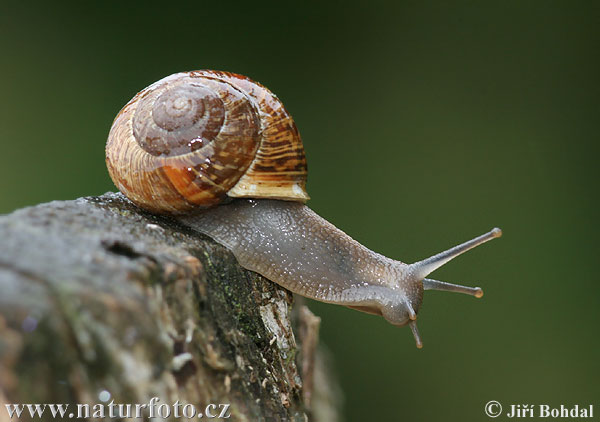This week´s challenge will be about stockbreeding or animal husbandry. Since the domestication of the first animals in Prehistory, humans have learned to breed a large amount of animal species. Your work will consist in guessing the names of some of these animals, explaining how these animals are used and answering some questions about animal husbandry.
These are the photos:
NUMBER 1

NUMBER 3
NUMBER 4

NUMBER 5

NUMBER 6

NUMBER 7


NUMBER 9

NUMBER 10
And here you have the questions:
QUESTION 1
How do we call the breeding of birds in English?
QUESTION 2
How do we call the breeding of silkworms in English?
QUESTION 3
How do we call the breeding of honey bees in English?
QUESTION 4
How do we call the breeding of rabbits in English?
QUESTION 5
In the town of Caudete de las Fuentes there is a biofactory where a species of animals is bred with a purpose related to agriculture. What animals do they breed in this biofactory? What are they used for?
Good luck!



9 comments:
1.Goose
2.Goat
3.Squirrel
4.Camel
5.Pig
6.Fox
7.Maple
8.Cow
9.Snail
10.Peacock
Question 1
Chick
Question 2
Babies Silkworms
Question 3
honey bee brood
Question 4
bunnies
Question 5
The Purpose is to have bigger animals.
They have alot of animals like fishes rabits...
I DON´T KNOW
Hello Ángel,
I think you haven´t understood the questions: "Breeding" means "cría", but it doesn´t refer to the babies of the animals, but to the fact of making animals grow. "To breed" is "criar". The questions refer to the different names this activities have.
You have to make a little research to find the answer to question number 5. You can make the research in Spanish and explain your discoveries in English. Try. You have time until Sunday night.
Paqui the questions were really difficult
Hello Dani,
Read my comment to Ángel. You both have confused the babies of the animals with the fact of raising them. It´s not so difficult if you know the words in Spanish. Try again. You have still time. The deadline finishes on Sunday night.
What´s happening with your answers? It´s not difficult. You have to try. Don´t think about winning, but about learning new words and concepts. Come on!
Hello! These are my answers:
1: Goose
2: Goat or Spanish Ibex
3: I don't know
4: Dromedary
5: Pig
6: Fox
7: Reindeer
8: Dairy Cow
9: Snail
10: Peacock
Questions
1: Poultry
2: Sericulture
3: Apiculture
4: Cuniculture
5: In Caudete de las Fuentes, the Valencian Community is going to build a biofactory of sterile male flies to prevent "la mosca de la fruta" that is a plague that affects the oranges and it quality.
Bye!
Now I know the third animal.
It's a mink.
See you tomorrow!
The photos:
1:goose
2:goat
3:I don't know
4:camel
5:pig
6:fox
7:reindeer
8:cow
9:snail
10:peacock
Now the questions:
1:pigeons
2:larvae
3:I don't know
4:rabbit (gazapo)
5:insects, to help achieve best results from this plague.
BYE SEE YOU TOMORROW
The second challenge has finished. This week's winner is Javi Alberca! Good job!
These are the correct answers to the challenge:
1. goose.
2. goat
3. mink
4. dromedar/camel
5. pig/swine
6. fox
7. reindeer.
8. cow
9. snail
10. peacock
Questions:
1. poultry
2. sericulture/silkworm farming
3. beekeeping/apiculture
4. cuniculture
5. In Caudete de las Fuentes there is a biofctory/biofarm where they raise flies. They raise sterile male Mediterranean fruit flies (Ceratitis capitata Wiedemann). They deliver these sterile flies to farmers, who release them into their fields. These sterile male flies copulate with female flies and their eggs are also sterile. This is an intelligent way of controlling a fruit plague.
Post a Comment